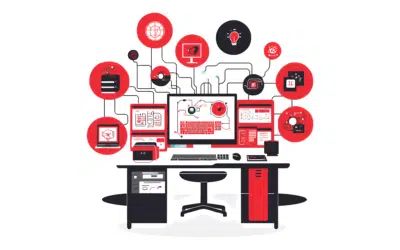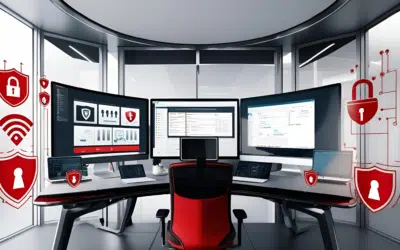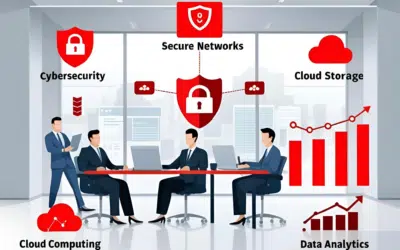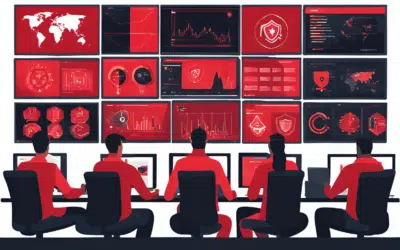Maybe you’ve been busy. Maybe you’ve been waiting for the right time. Maybe you didn’t think it was necessary. Whatever your reasons are for not migrating your business off of Windows® XP and onto Windows 7 or 8.1, it’s officially time to stop procrastinating.
When Microsoft® stopped supporting Windows XP on April 8 of this year, they also stopped security updates for the venerable operating system. The simple truth is that if your business is still running Windows XP, you’re putting your sensitive data—and your employees—at risk of serious security threats.
According to a recent study, $9,000,000,000 (that’s a billion) was spent on data breaches last year alone [1]. IT threats continue to evolve, so if you’re running an operating system that’s not equipped to handle those threats, the results could be catastrophic to your business.
The risks of sticking with XP
Windows XP Service Pack 3 (SP3)—the only version of the service pack that is still receiving security updates—is more than twice as vulnerable to infections as the 32-bit version of Windows 7 SP1 and almost three times as vulnerable as the 64-bit version. Couple this with the absence of Windows XP security updates and you’ve got a recipe for disaster.
But it’s more than just a security issue. Windows XP has been around for a while, and therefore it doesn’t support today’s popular peripherals like high-resolution monitors or touchscreen capabilities. Since Windows XP was introduced in August of 2001, there have been great advancements in software and hardware performance. Computers are faster and more efficient, but Windows XP can’t keep up.
Businesses that continue to stick with Windows XP have a strong likelihood of running into problems with standardizing systems or addressing compliance issues that could pop up as a result of running an unsupported OS.
Still not convinced? Here are five more reasons why you should protect your business with an upgrade:
Security: We really need to hammer this point home. In case you haven’t figured it out by now, the number one reason to upgrade from Windows XP to Windows 7 or 8.1 is because your business will be safer because of it. Cyber criminals were waiting for April 8, 2014 (XP’s last day of support) so they could attack XP’s vulnerabilities. Now that that time has come, don’t be one of their victims.[/li][li]Accessibility: Windows XP is not a viable solution for mobile devices like tablets, smartphones, and notebooks—meaning limited support of mobility and connectivity features. Without upgrading, you can forget about using some of the latest mobility products like HP EliteBooks or HP ElitePads.[/li][li]Cost: Eventually, every IT department will be faced with task of moving from Windows XP. And once you migrate, any costs associated with the actual migration to a newer operating system will quickly be offset by the lower total cost of ownership due to improved security features, increased functionality, and increased support for mobile devices.[/li][li]Choice: Do you like having the freedom to choose which browser you use? Even though you can still use browsers like Firefox and Chrome™, Windows XP doesn’t support anything beyond Internet Explorer 8. Since many businesses require the use of Internet Explorer for security reasons, you’ll want to make sure you can easily upgrade to the latest version.[/li][li]User-experience: User habits have changed since XP came out, and subsequent operating systems have responded by providing a streamlined, intuitive experience. Windows 7 introduced a number of features, like the ability to snap and resize windows on your desktop, making it easier to do side-by-side comparisons of documents. And Windows 8 introduced Windows users to an entirely new way of working—the touchscreen desktop.[/li][/list]
Switching to Windows 7 or Windows 8 is the only way to keep receiving the latest security updates and support from Microsoft. Upgrade now to protect your business.








